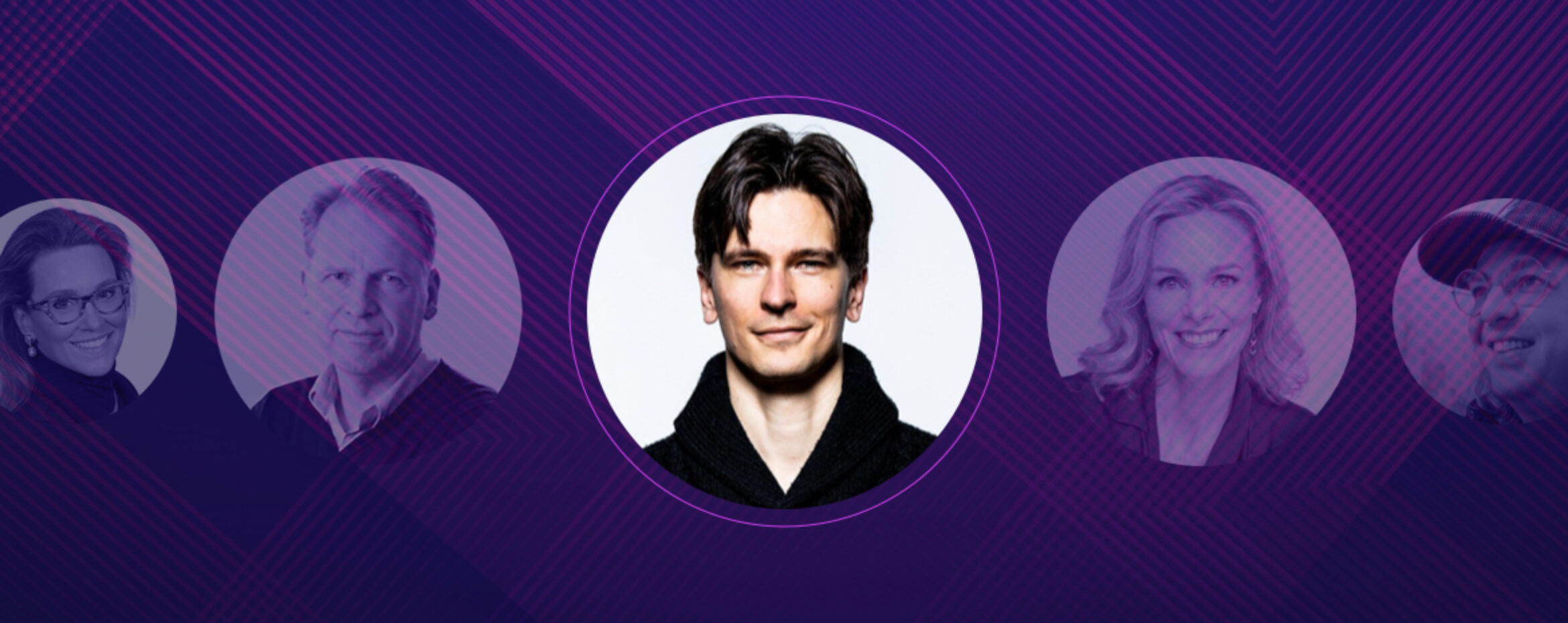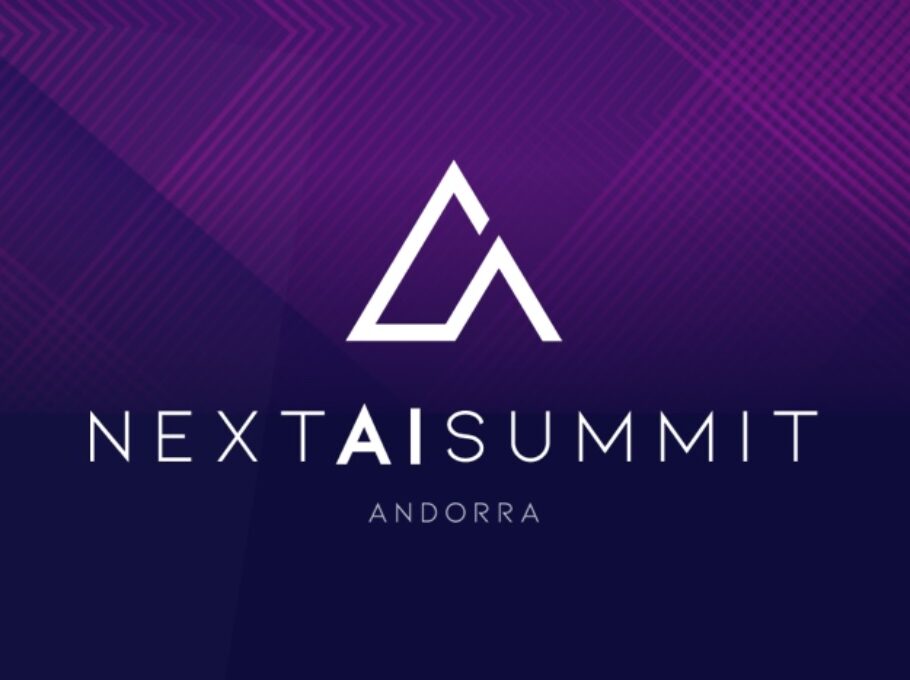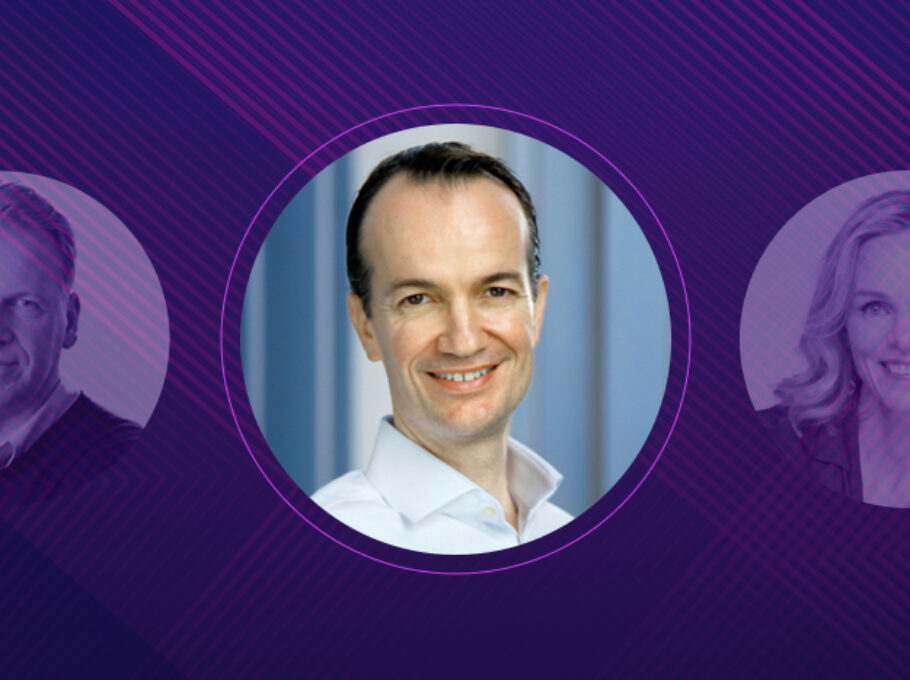What inspired you to become an expert in AI?
My AI journey started when selecting a minor subject whilst studying mathematics as major, wondering about how the mind works and how one could (re)create similar capabilities with computers. At the time, the “Deep Learning revolution” had not happened yet. The mainstream within the field was still much more diverse in methods and perspectives (prominently including symbolic/knowledge-based next to sub-symbolic/connectionist approaches), as well as less benchmark- and engineering-focused but instead looking at the modelling and scientific understanding of parts of intelligence. I loved it and kept running with it ever since.
What will you be speaking about at the conference, and why is it especially important right now?
Research labs across the AI industry are frequently reporting major breakthroughs in the quest to automatize some of humanity’s most challenging endeavours – but does that really mean that the technological progress we are witnessing manifests equally great application impact? Using the example of AI for Science, I will focus on the process of taking AI solutions seemingly solving complex practical problems from the lab to real-world applications. We will have a look at opportunities and pitfalls, aiming to identify some of the most important decision questions and success factors along the entire lifecycle from problem definition to solution rollout.
Even when beating all benchmarks in the lab, it’s still a long way from ‘something works’ to ‘something works reliably well in practice and solves a relevant problem’
What key takeaway do you hope attendees will gain from your session?
Even when beating all benchmarks in the lab, it’s still a long way from “something works” to “something works reliably well in practice and solves a relevant problem”; and while there are some rather straightforward preconditions and guidelines increasing the chances of successfully making that transition, failure still is (and even: always has to be) a possibility. But that’s okay!
What trends or developments in AI excite you and concern you the most?
I am extremely excited about the resurgence of approaches besides and beyond Deep Learning, especially about paradigms like Neurosymbolic Integration which combine knowledge-level reasoning with sub-symbolic learning. These new methods will eventually overcome major blockers regarding a widespread deployment of AI such as the opacity of ML models or the brittleness of logical reasoners. What concerns me most is the current naivety in building AI systems without first checking whether a task actually is an “AI problem” or if a better solution might be obtained by other means, and the disregard for the potential negative impact of AI-ifying each and every issue.
What advice would you give to someone looking to develop AI solutions?
Make sure that you know your problem and the application domain really well, i.e., in the way a domain practitioner with years of experience would. Also, don’t chase performance benchmarks and SOTA numbers; instead make sure that the people in your solution’s target area acknowledge your work and confirm that they now have more time to do things that cannot be automated (yet).







